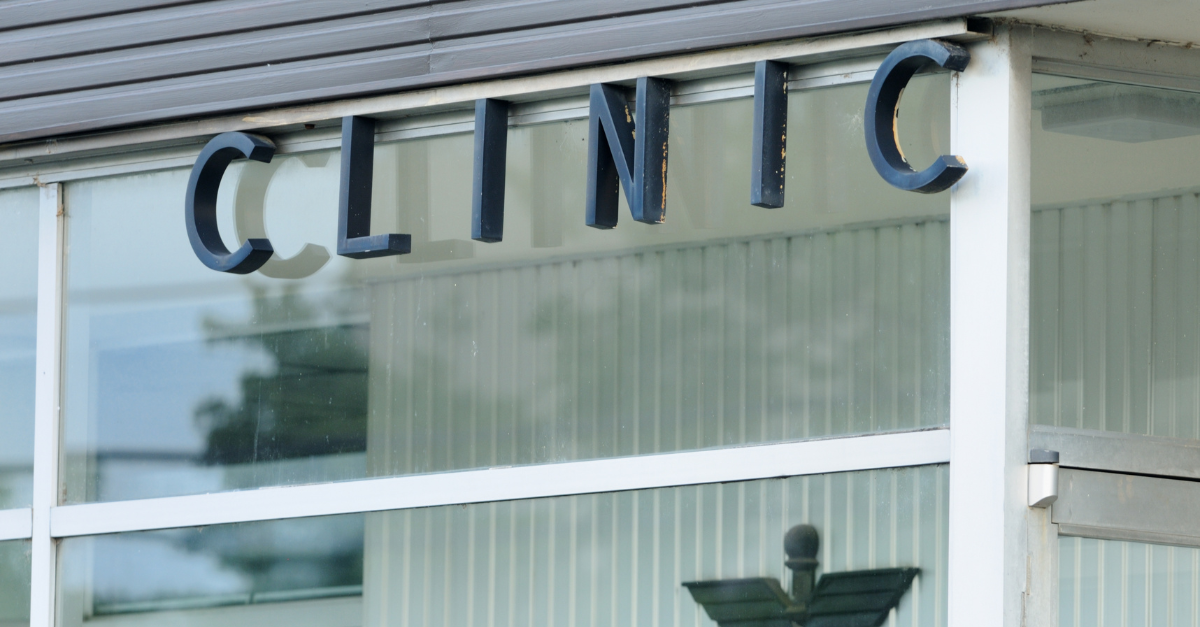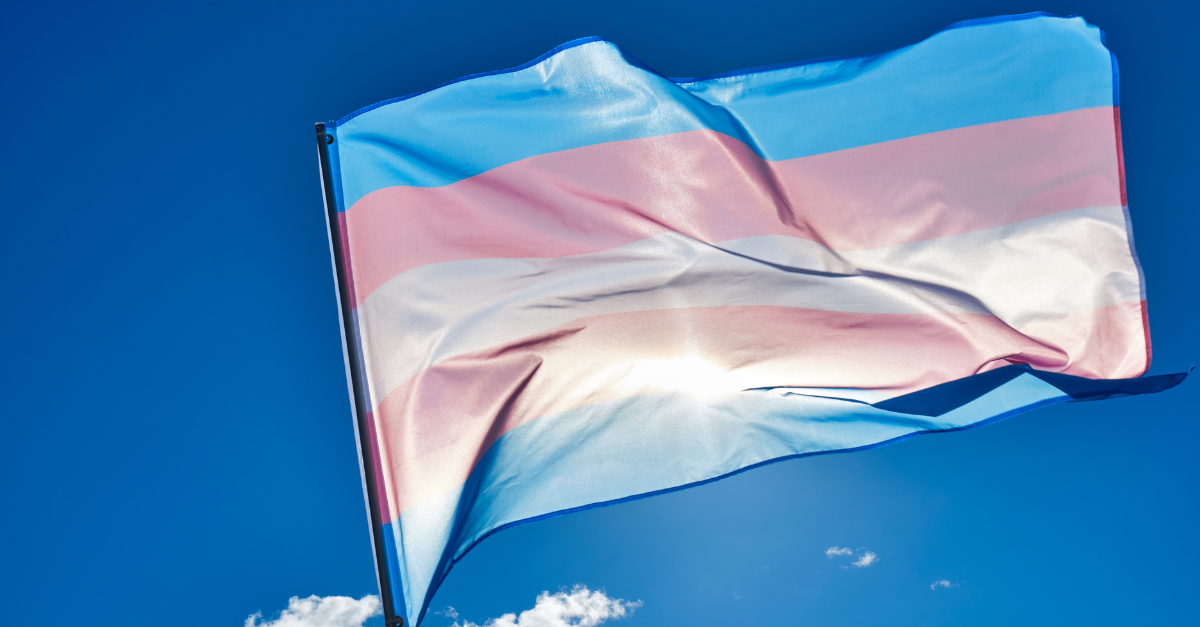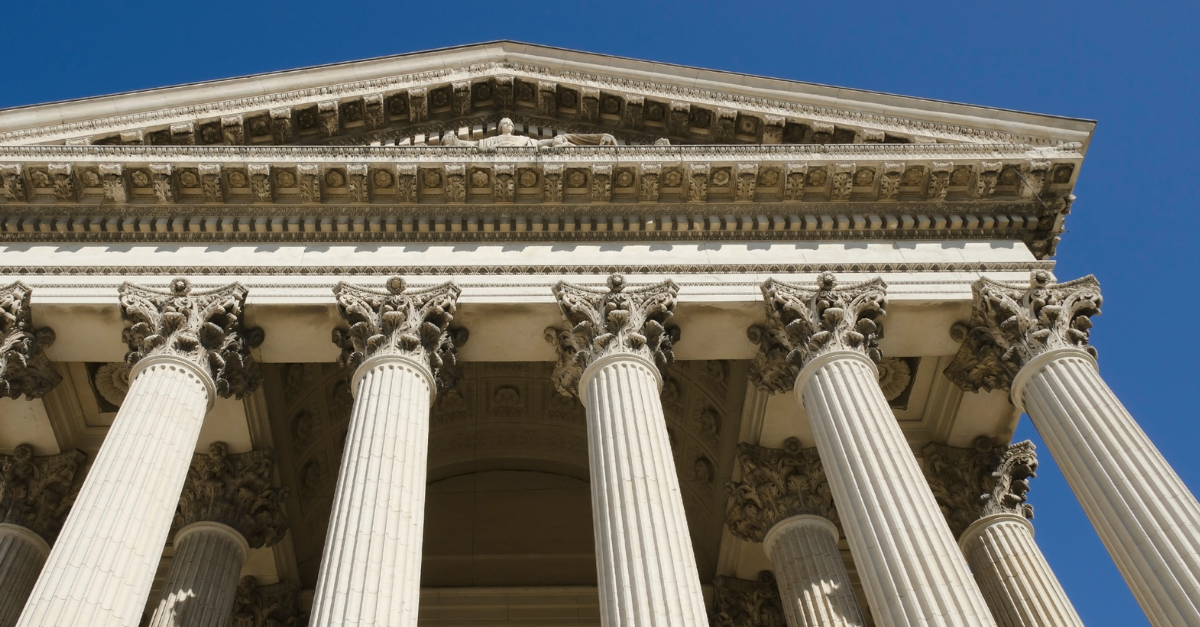NAWL Joins Diversity Bars' Amicus Brief
UPDATE: August 31, 2023 - The Third Circuit reinstated Pennsylvania’s Rule of Professional Conduct 8.4(g) - an anti-bias and harassment rule that would discipline lawyers who knowingly engage in racial and sexual discrimination in the practice of law - which the District Court previously enjoined when it held that it could potentially chill free speech for attorneys if enforced. The plaintiff attorney had argued that he could theoretically be subject to a bar complaint if he quotes or repeats racist, homophobic, or sexist comments in a CLE program because it could be interpreted as harassment or discrimination under the Rule. The Third Circuit's decision held that the plaintiff attorney lacked standing to bring his challenge because the Rule does not generally prohibit him from quoting offensive words or expressing controversial ideas, nor would the Disciplinary Board impose discipline for his planned speech. Judge Scirica stated that “any chill to his speech is not objectively reasonable or cannot be fairly traced to the Rule.”
September 6, 2022 - NAWL joined our friends at HNBA, NAPABA, APABA of Pennsylvania, NBA, NNABA, and National LGBTQ+ as amicus in the Greenberg Third Circuit appeal involving PA Rule of Professional Conduct prohibiting harassment and discrimination.
ABOUT THE CASE: In Zachary Greenberg v. Jerry M. Lehocky, et al., a Philadelphia attorney continues to challenge a statewide anti-bias rule that would prohibit attorneys from engaging in harassment or discrimination due to protected categories. In an amicus brief filed in Zachary Greenberg v. Jerry M. Lehocky, et al., NAWL joined other affinity bar groups to express strong support for Resolution 109. They explain equality and respect for all individuals lie at the heart of our legal system. Discrimination and harassment by lawyers, including conduct manifesting bias or prejudice towards others, undermine confidence in the legal profession and the legal system. In furtherance of these unassailable principles, in August 2016 the ABA House of Delegates approved Resolution 109 to amend Model Rule of Professional Conduct 8.4 to include an anti-harassment and anti-discrimination provision. Preexisting rules focused on discrimination and harassment in the context of the administration of justice; the amendment to ABA Model Rule 8.4(g) expanded the scope to include all areas related to the practice of law. Amici’s highest priority in supporting the resolution was to assure an end to discrimination and harassment in the legal profession, promoting the equal representation of and opportunity for diverse attorneys. Citing “real life examples from our experiences,” Amici showed the direct link from discrimination and harassment to persistent under-representation of many minority groups in the legal profession.
The district court blocked this Rule because it apparently infringes speech protected under the First Amendment and it is too vague under the Fourteenth Amendment’s Due Process Clause. We urge this Court to reverse the decision. The text and goals of Pennsylvania Rule of Professional Conduct 8.4(g) are not only legal as Appellants’ opening brief explains in careful detail—but also, as explained below, important and necessary to our legal profession.





